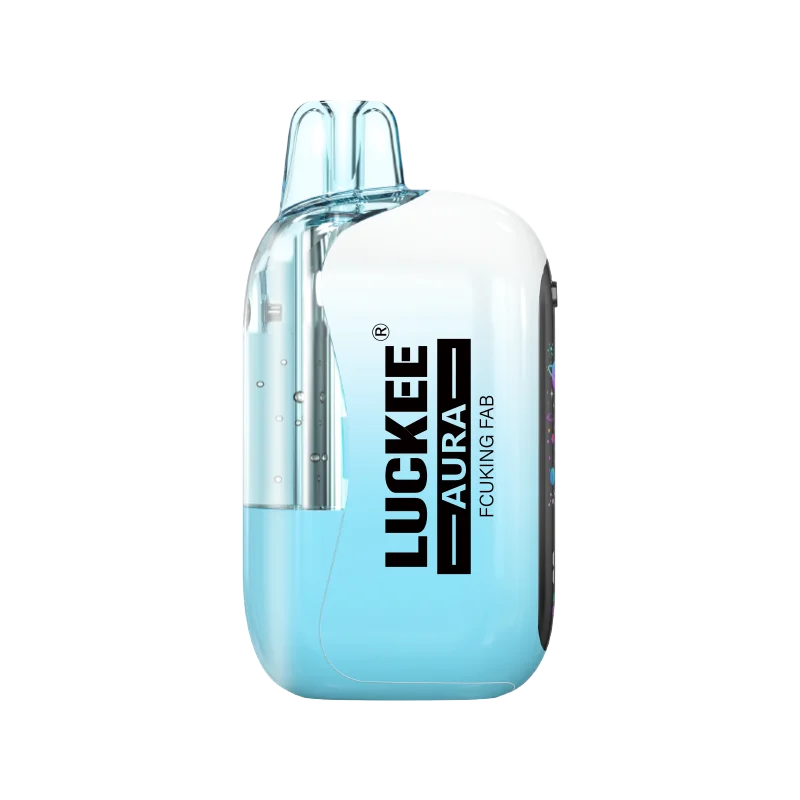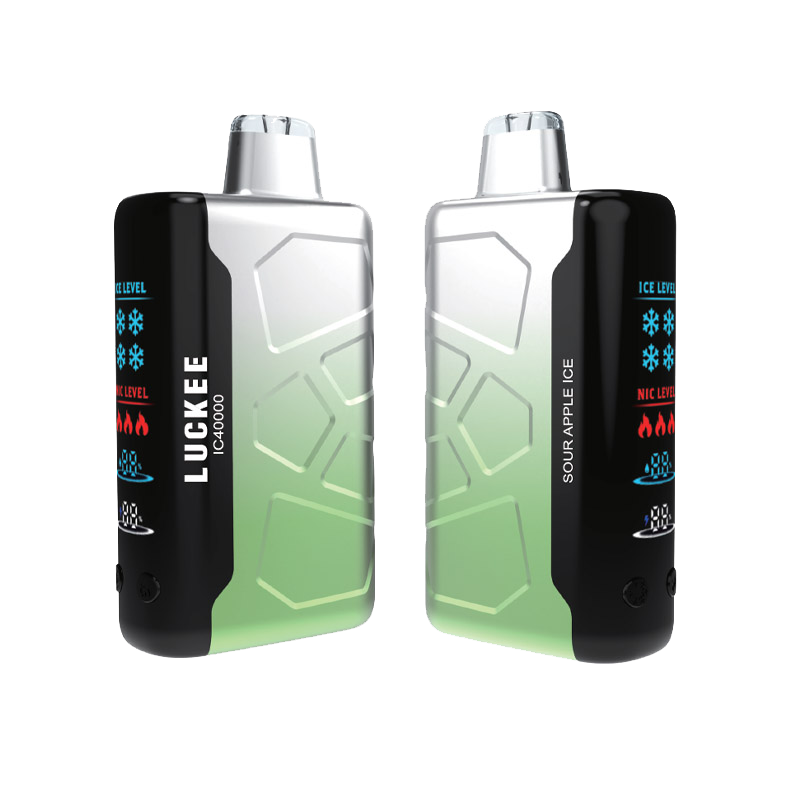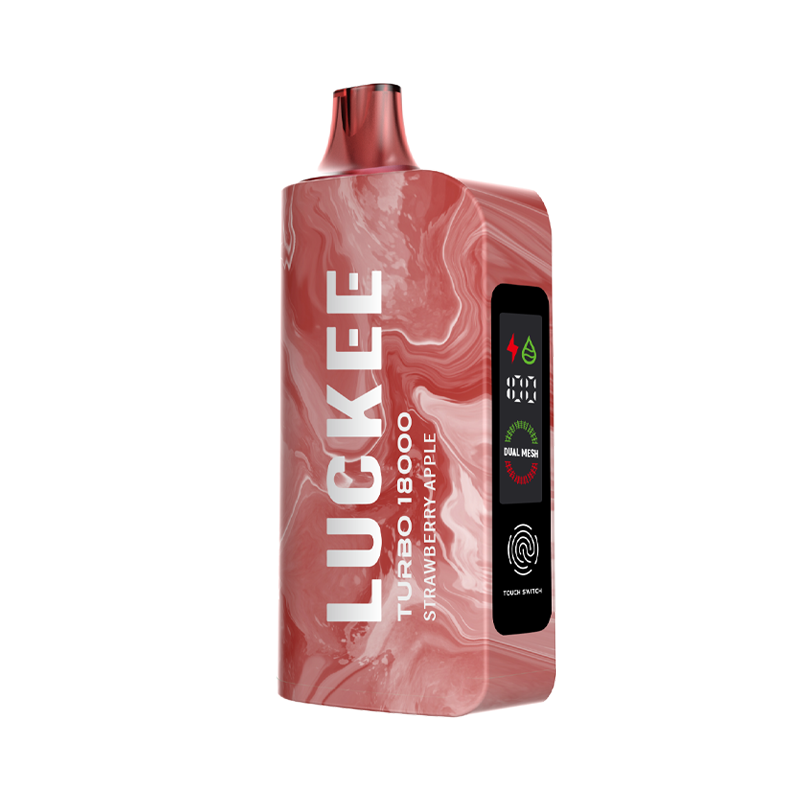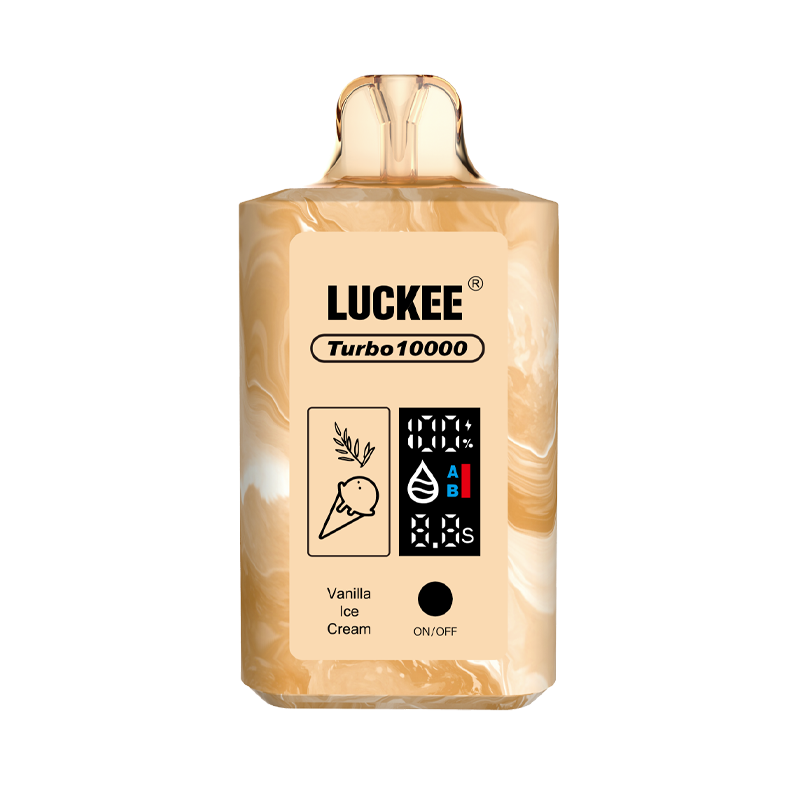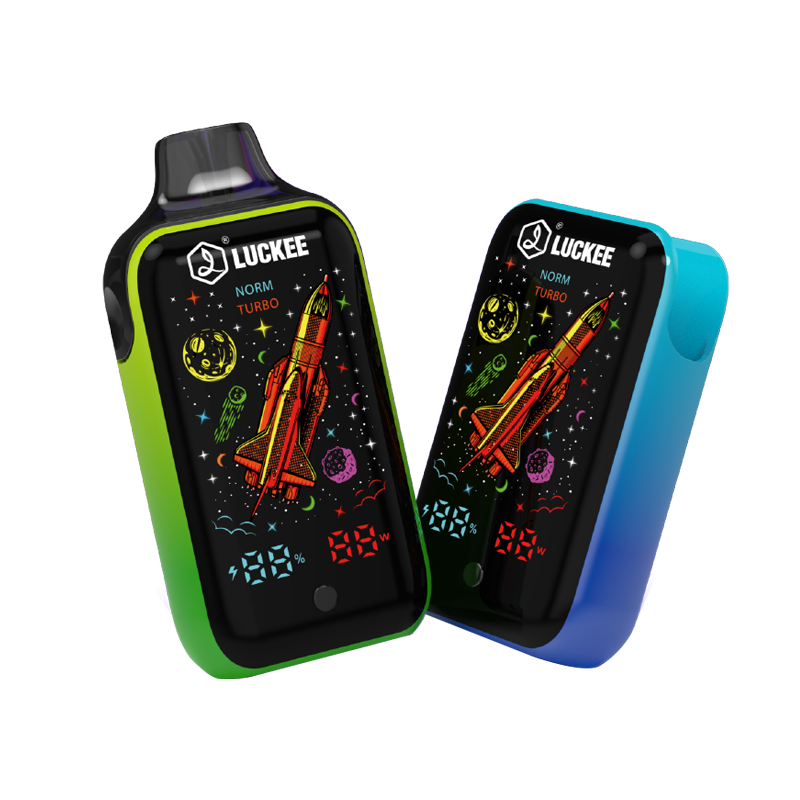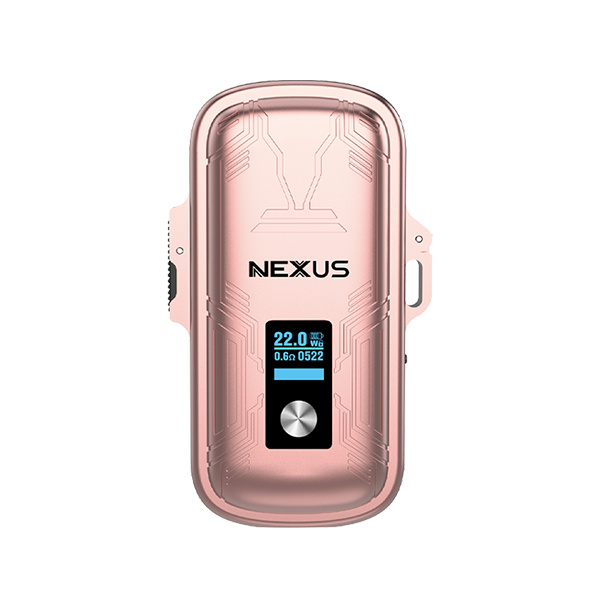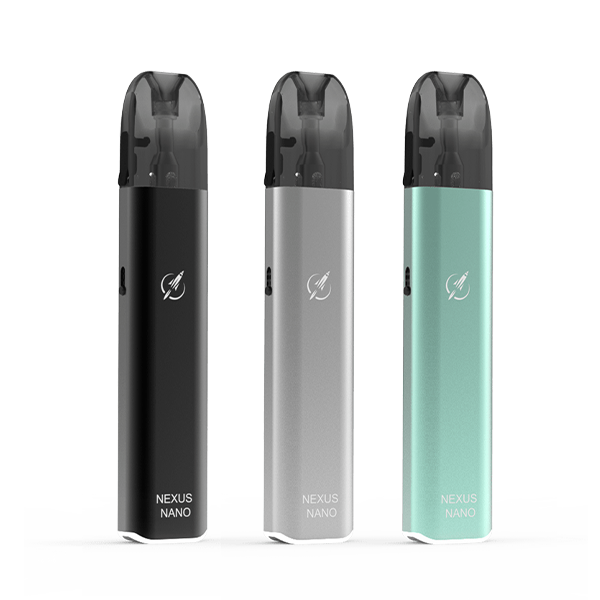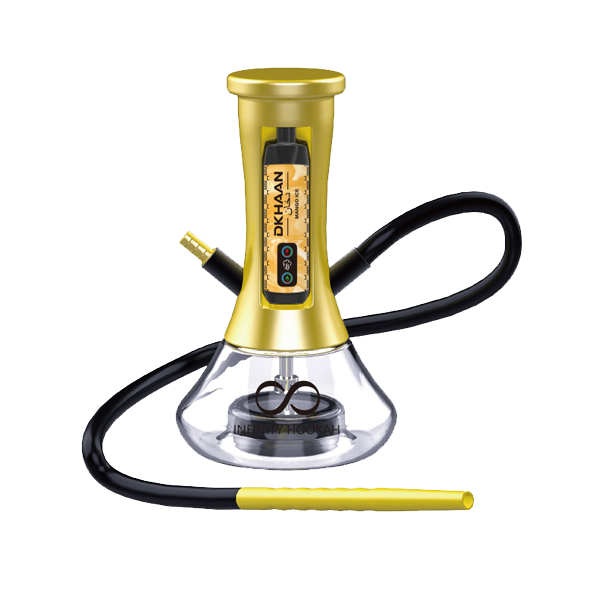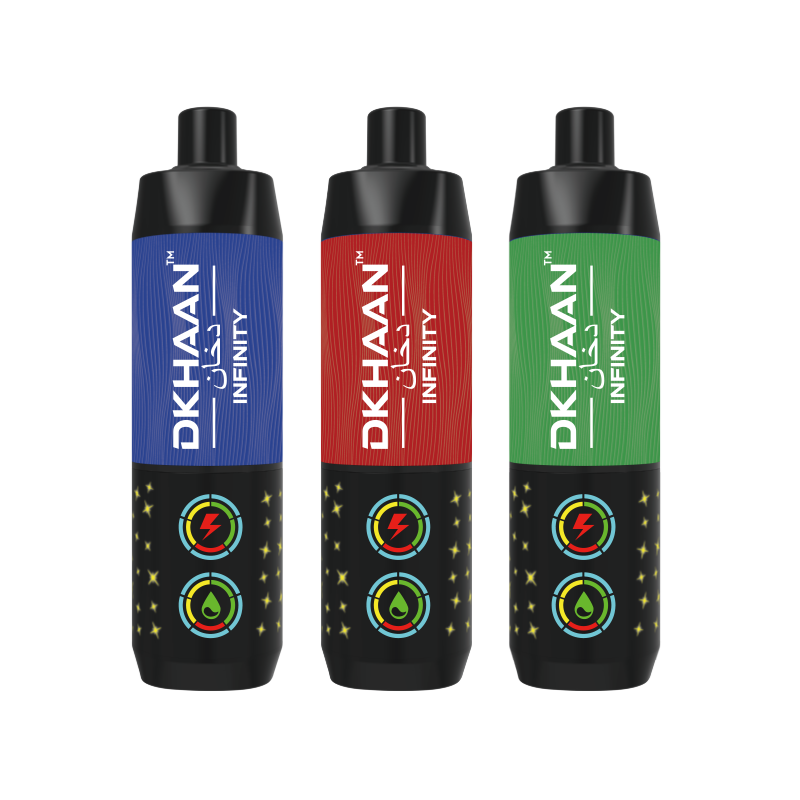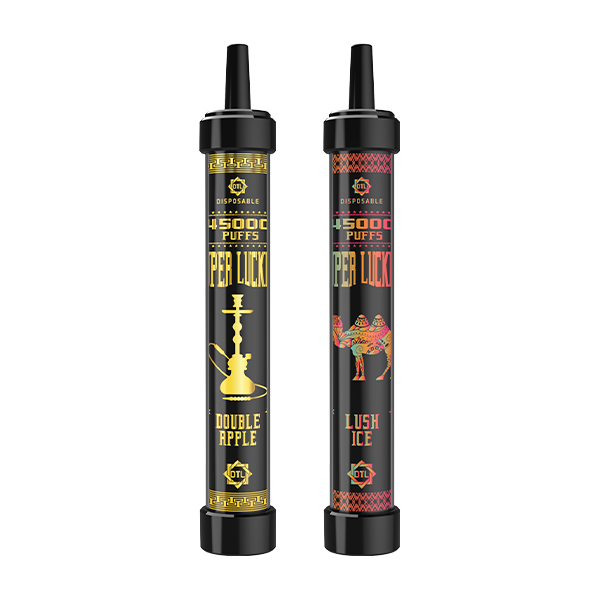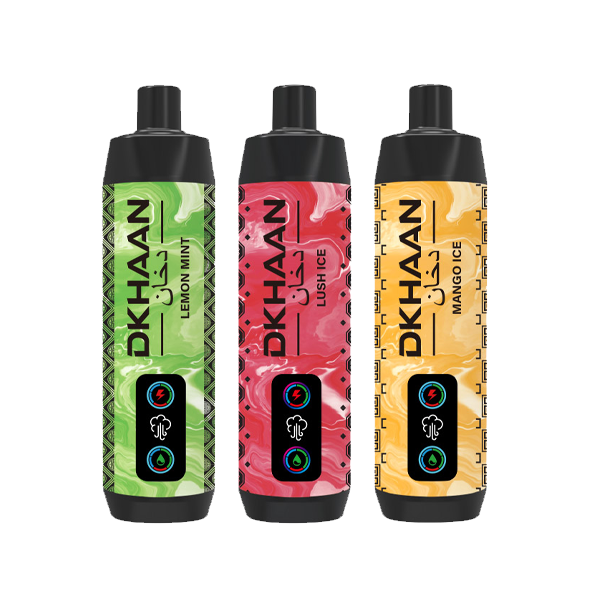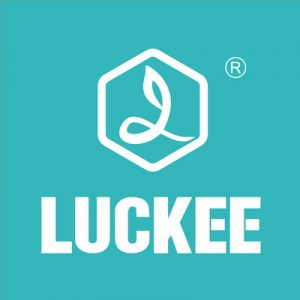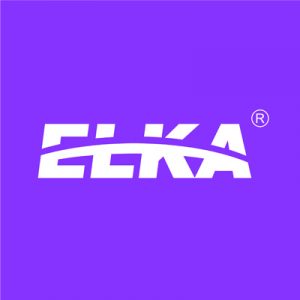New Zealand Bans Disposable Vapes Amid Rising Youth Usage and Environmental Concerns
As of June 17, the New Zealand government has officially banned the sale of disposable vapes, alongside implementing a series of new restrictions aimed at curbing youth vaping and addressing environmental concerns. These regulations include:
-
Prohibition of e-cigarette advertising
-
Ban on loyalty programs and membership marketing
-
Ban on discounted pricing and promotional campaigns
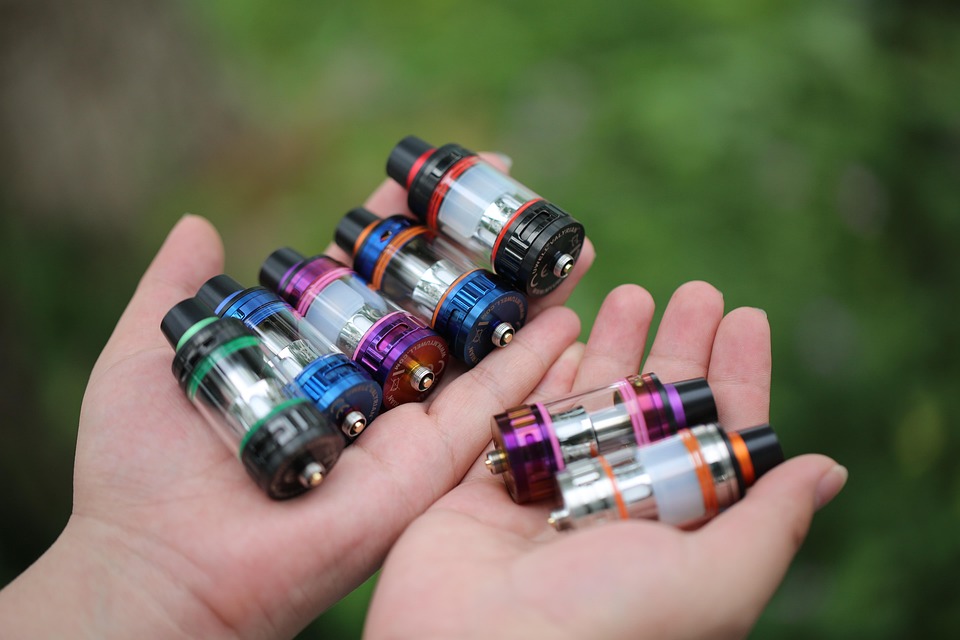
Public Health Motivations and Expert Support
Health professionals have broadly welcomed the new policy. Dr. Jude Ball of the University of Otago emphasized that removing e-cigarette products from high-visibility retail areas is crucial to reducing youth initiation and supporting adult smokers in cessation.
However, she and her research team at ASPIRE argue that bans alone are insufficient. They advocate for a comprehensive strategy that includes:
-
Introducing excise taxes on e-cigarettes
-
Restricting sales near schools
-
Providing teen-targeted cessation programs
-
Strengthening regulatory enforcement
Professor Chris Bullen from the University of Auckland criticized the pre-ban clearance sales, describing mass discounting tactics as “ethically questionable” and likely to encourage teenagers to stockpile cheap devices.
Retailer Behavior Pre-Ban and Industry Criticism
Prior to the enforcement date, media outlets such as Star Times reported widespread retailer promotions including:
-
“Buy one get one free” deals
-
Countdown-themed clearance events
-
Email campaigns encouraging urgency
Even the Vuse official website used language such as “buy while it’s low” to emphasize final purchase opportunities. While not technically illegal, these marketing strategies reflect a focus on customer expansion rather than smoking cessation, according to critics.
Calvin Cochran, founder of anti-smoking advocacy group Vape Free Kids, stated that although the vaping industry initially promoted itself as a smoking cessation solution, it has in practice relied heavily on bulk sales, price promotions, and SEO marketing to attract users—especially young people.
He also highlighted that marketing restrictions may be even more effective than product bans, although the industry continuously seeks regulatory loopholes.
Concerns Over Black Market Growth and Enforcement Gaps
While the New Zealand Electronic Cigarette Industry Association (NZEIA) acknowledged the intent behind the ban, its chairman Jonathan Devery warned of unintended consequences—notably the potential growth of an illicit market.
Devery referenced Australia’s existing NZ$2 billion black market for e-cigarettes and cautioned that similar issues could emerge in New Zealand without adequate enforcement resources.
“We’re not opposed to regulation,” he said. “But strong enforcement must accompany the ban. Legal retailers pay high regulatory fees and deserve protection from non-compliant operators.”
Environmental Implications and Recycling Advocacy
From an environmental perspective, experts point out that most disposable vapes contain lithium batteries and electronic components, which, if improperly disposed of, pose a threat to landfills and urban spaces.
Professor Bullen revealed that e-cigarette litter is already common in central business districts and criticized current regulations for overlooking environmental waste management.
In response, Devery proposed several solutions:
-
Extending recycling systems to include rechargeable vapes
-
Enforcing producer responsibility programs
-
Educating users on proper disposal of batteries and cartridges
-
Promoting devices with child-lock features and removable batteries for safer, more sustainable use
Government Response and Outlook
Deputy Health Minister Casey Costello emphasized that the ban aims to tackle youth usage and reduce electronic waste from the source. The government issued a six-month advance notice to retailers, with the expectation that panic-buying or long-term stockpiling would be minimal.
Although recent statistics show a slight decline in youth vaping, 9% of Year 10 students in New Zealand still vape daily. Experts believe that the success of the new regulations will depend on robust enforcement and continued government oversight in the coming months.
References:Starting from June 17, New Zealand officially bans the sale of disposable e-cigarettes!

